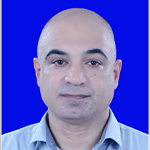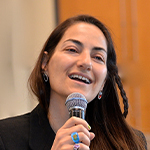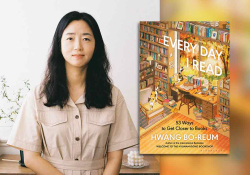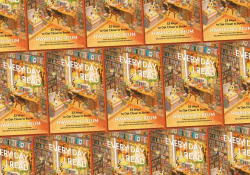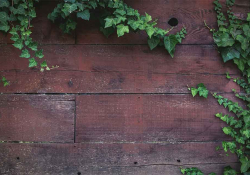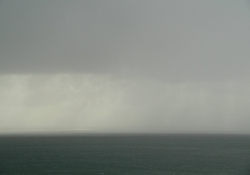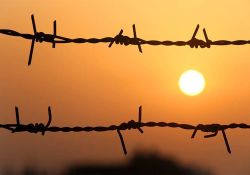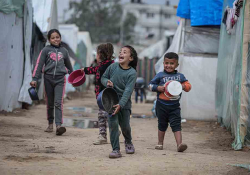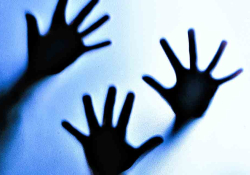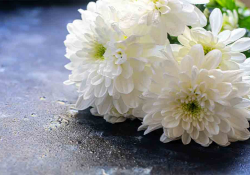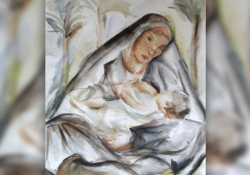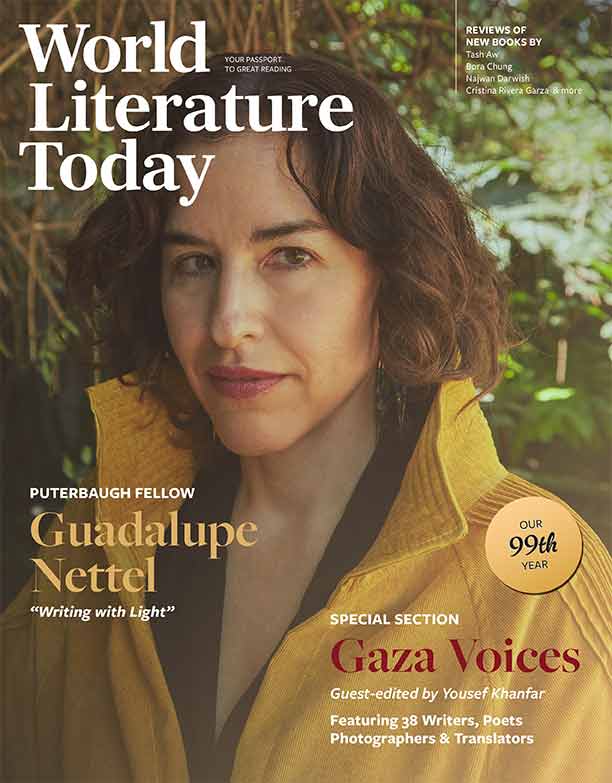A Wilted Rose
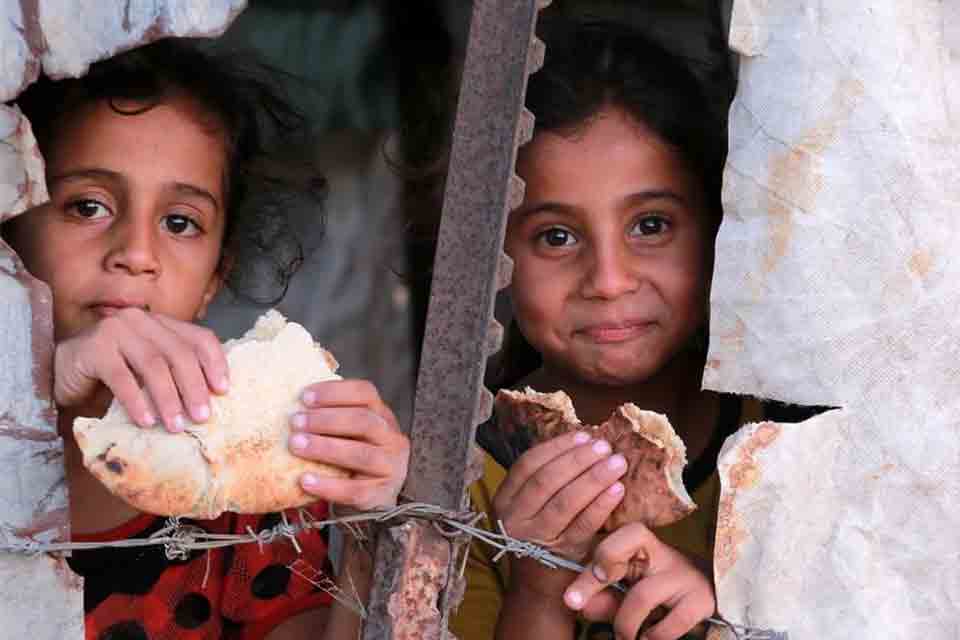
On Refugee Street, one chances upon countless people who are driven temporarily into insanity.
And the narrator described her as a wilted rose. I met her by chance on Refugee Street. This street had a different name previously, Sharea Al-Nakheel, Palm Street. It got the new name after hundreds of thousands of Gazan refugees arrived in the serene city of Deir Al-Balah. They turned the calm of this city into nonstop clamor.
I thought I saw a smile on her face, or perhaps she was pretending to be strong. Neither of us asked the other, “How are you?” This mundane question now has terrible consequences. Asking “how are you” here is like throwing a giant rock into the belly of a volcano and letting burning lava splash out.
We chatted about the insane prices of everything. We spoke about bread, the most urgent necessity of our lives. We then parted like two strangers who met by chance and spoke about superficial matters before each went a different way.
These chance conversations happen daily on Refugee Street. On the stretch between the monument of the cannon and the crossroads of palm trees, strangers talk to you without greetings. They even walk with you and discuss an issue with you. Both of you then leave without saying goodbye or uttering any acknowledgments, as though nothing happened.
—What’s today?
—I think it is Wednesday. Not certain what number after the hundredth day of the beginning of the war, though.
I saw a muscular man slaughtering sheep. He was severing their heads and hanging them on a carriage. He then skinned the wool in a rough manner that revealed that this was not his profession.
We spoke about bread, the most urgent necessity of our lives.
I imagined dead sheep all around me. I imagined myself a stubborn, sly ram giving the butcher a hard time and thinking it possible to spar with a butcher’s knife and outsmart it. I laughed out loud like a lunatic at myself. But no one around me found my laughter strange. It is as though on this street, where people see astonishing scenes daily, nothing is seen as surprising anymore.
I remembered her again. What name would the narrator give her? Oh, the wilted rose that the gardener neglected. Perhaps bad luck made her fall in the hands of a novice butcher like the one I saw minutes ago. How could he nurture a rose!
But why should I think about such matters and lead myself to wilting too! I would be a wilted ram! The thought made me howl in laughter. I contrasted a rose to a ram. A roaring laugh nearby interrupted me. I looked to see who was the source. It was a stranger who laughed hysterically and walked away nonchalantly.
Was he searching, hoping to find some sugar to buy, now that sugar has become an extremely expensive rarity? Did he meet a wilted rose like I did? Or did he see a wilted ram in his imagination?
I remembered that we were on Refugee Street, where one chances upon countless people who are driven temporarily into insanity, and sees many wilted roses and many rams escaping a butcher.
Amid the crowds I forgot her. And I forgot the old narrator who gave her the name “Wilted Rose.” Perhaps he was the reason she wilted. This does not matter now. The extreme noise of this street is a strong drug that leads to temporary amnesia.
Translation from the Arabic
